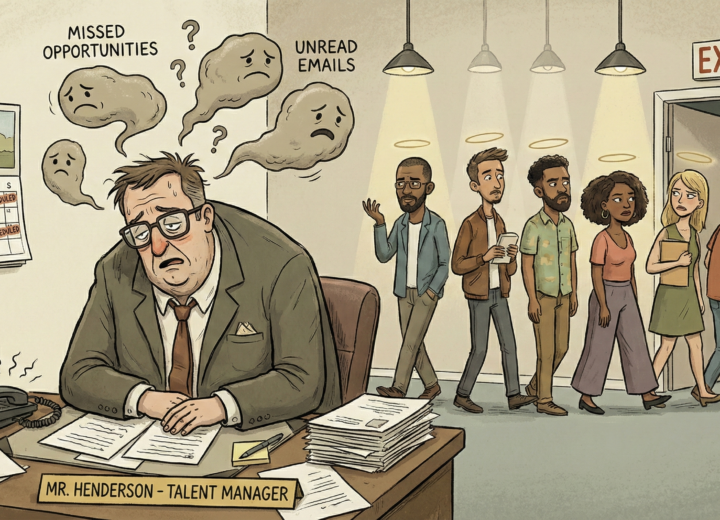Why do Nigerian business leaders often avoid intervening in staff conflicts, especially those involving negative workplace relationships?
Nigerian business leaders’ tendency to play the ostrich in conflict resolution, particularly with negative or unethical relationship issues, is not a sign of incompetence but is often a complex behavior rooted in deep-seated cultural, social, and economic factors. They frequently avoid these issues not because they’re unaware of them, but because addressing them head-on can be perceived as more damaging than the conflict itself.
Here’s a breakdown of the key reasons behind this behavior.
- The Primacy of “Saving Face” and Hierarchy
In many Nigerian cultures, there is a strong emphasis on respect for authority and hierarchy. A leader is often seen as a paternalistic figure—the “father” of the organization—who must project an image of strength and control. Admitting there are serious problems, especially relational ones, can be perceived as an admission of failure in their leadership.
- Saving Face: Directly confronting an employee about a personal or ethical issue can be seen as “bringing shame” upon them publicly. This can lead to resentment and a loss of respect for the leader. For a leader, maintaining a facade of harmony is often prioritized over addressing a messy conflict that could tarnish the company’s or the individual’s reputation.
- Hierarchical Respect: The power dynamics are often so pronounced that a junior employee may not be expected to challenge a senior one, even if they are acting unethically. The leader may feel that stepping in and directly confronting the senior employee could be seen as undermining their authority in front of their peers.
- The Desire for a Harmonious (but False) Environment
Nigerian society places a high value on collectivism and maintaining social cohesion. The concept of “peace” is often equated with the absence of overt conflict, even if deep-seated issues are festering beneath the surface.
- Fear of Disruption: Leaders might believe that addressing a conflict, particularly one involving relationships, will create more turmoil than it solves. They worry that a direct intervention could lead to a permanent rift between employees or even cause valuable employees to leave.
- Use of Informal Mediation: Rather than a formal, documented process, many Nigerian leaders prefer to use informal, back-channel methods of conflict resolution. They might talk to the involved parties separately or use a trusted third-party as a mediator. This avoids direct confrontation and maintains a semblance of harmony, but often fails to address the root cause of the problem.
- The Influence of an Informal Business Culture
The Nigerian business environment, especially in the SME sector, is often characterized by informal structures where personal relationships and family ties are deeply intertwined with professional life.
- Blurring of Lines: In many businesses, employees are often family members, friends, or members of the same community. This makes it incredibly difficult for a leader to take a purely objective stance on a conflict. Addressing a workplace issue could mean intervening in a family matter, which many leaders feel is inappropriate or too complex.
- Prioritizing Loyalty over Competence: In some cases, a leader may be aware of an employee’s unethical behavior but tolerate it due to personal loyalty or a long-standing relationship. The thought of confronting or firing such an individual is often too painful, leading the leader to simply ignore the issue.
- Lack of Formal Conflict Resolution Training
Unlike in many Western corporations, formal training in conflict resolution, emotional intelligence, and business ethics is not yet a widespread standard in Nigerian businesses.
- No Clear Framework: Many leaders simply lack the skills and tools to navigate a difficult conversation. They may not know how to approach an employee without coming across as aggressive or how to set clear, ethical boundaries.
- Piecemeal Approach: As a result, leaders often deal with conflicts in a “piecemeal” fashion, addressing them as isolated incidents rather than as part of a systematic problem. They don’t have a clear, documented process for handling such issues, which encourages avoidance.
In essence, an ostrich leader in the Nigerian context isn’t simply running from a problem; they are often caught between traditional cultural expectations of hierarchy and harmony, and the modern demands of professional ethics and transparent communication. The result is a silent conflict that, if left unaddressed, can-do irreparable damage to the company’s culture, finances, and long-term viability





